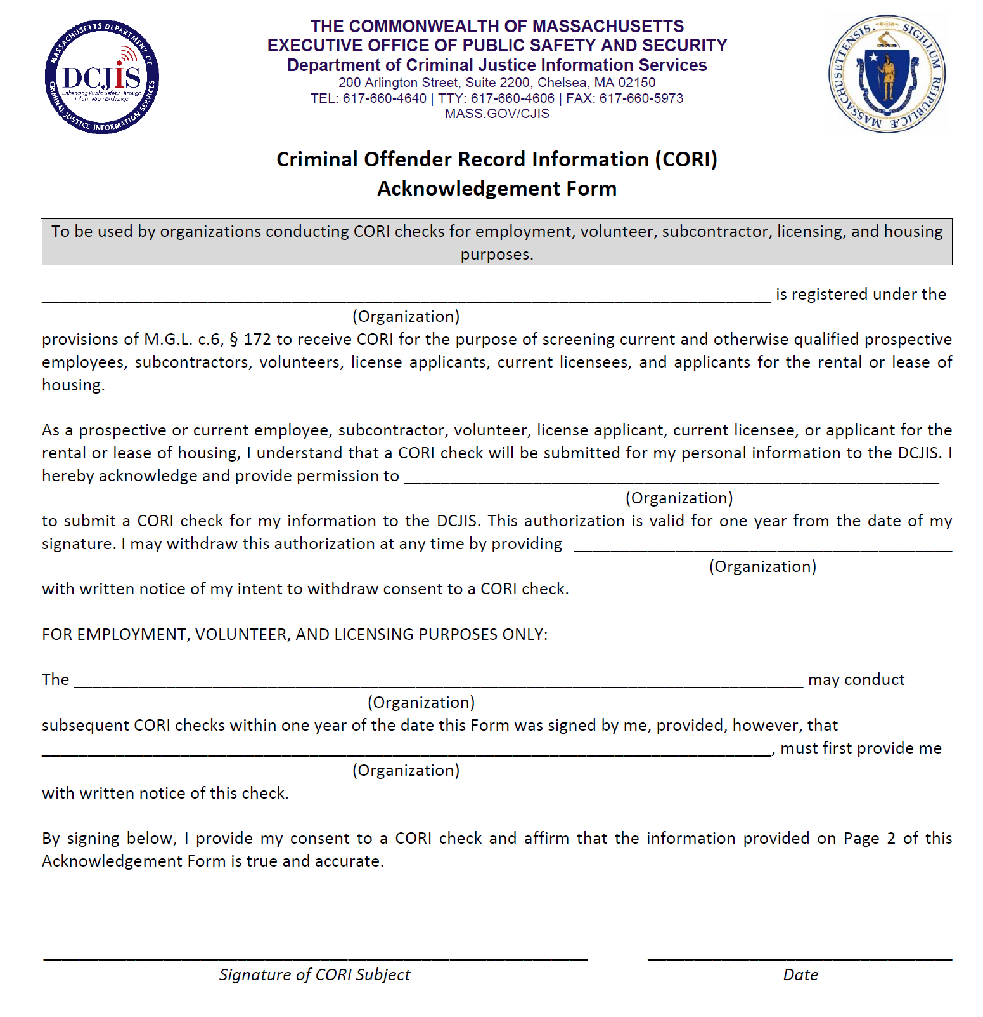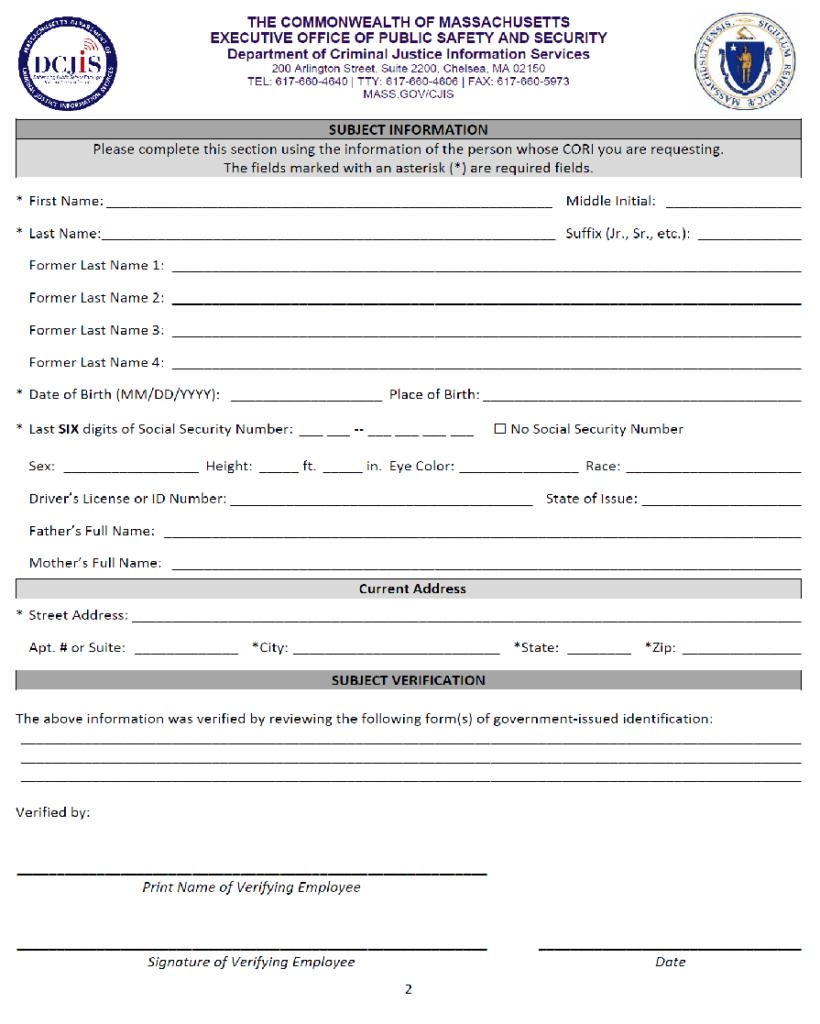What are Safe Environments?
Ensuring a safe environment for children includes targeting the five major areas of safety: visibility, access, supervision and communication,…
Home / Screening & Hiring / Conduct a Risk Assessment
To strengthen your screening and hiring process, you can use the questions in Thinking About Risk to make decisions about what additional background screening practices you will utilize. Whether performed formally by an HR office, or with pencil and paper by a small business owner, these questions are designed to help you carefully examine the types of risk individuals in positions of trust with children may pose—focusing on opportunities for harm. The questions will help you think about your physical setting; the ages and vulnerabilities of the children/youth you serve; an applicant’s potential contact with the child/youth; the nature, duration, and frequency of that contact; and the level of supervision and monitoring of that contact. Based on the results of this analysis, you may need to pursue further screening.
Based on this assessment, positions should be assigned a risk designation:
These designations should correlate with your organization’s requirement for specific screening protocols, and should be indicated in your job descriptions. According to best practices, the higher the risk to children, the more in-depth the screening protocol for a position should be.
A screening protocol addressing multiple levels of risk applies to larger organizations with sufficient numbers of employees and volunteers serving in different functions, and with varying levels of interaction with children and youth. It’s not uncommon for organizations like this to pay for the services of a commercial vendor to conduct these types of multi-level background checks—from standard Massachusetts criminal records checks (CORI/SORI) to national, multi-state (especially those states in which the applicant has worked or volunteered previously), international, and Interpol criminal and sexual offense records searches.
For smaller YSOs and businesses with few employees or volunteers, where a manager or supervisor is responsible for screening and hiring applicants, and the risk is determined to be equivalent or level across positions in the organization, the policy could be equal treatment of all applicants, with a standard screening protocol that applies to applicants for all positions interacting with children and youth.



Safe Environments
Ensuring a safe environment for children includes targeting the five major areas of safety: visibility, access, supervision and communication,…
Screening & Hiring
A personal interview provides an opportunity for you to meet applicants and determine if they are a good fit for your organization. It’s also a …
Safe Environments
Along with site safety, visibility issues, physical access, and security procedures, supervision is a critical aspect of creating and maintaining…
Screening & Hiring
If a criminal record is discovered, its existence alone does not necessarily automatically disqualify a candidate from employment or volunteer…
Reporting
With some exceptions, a single incident or observation of suspected abuse or neglect may not necessarily trigger the need for a call to the…
Reporting
Thinking of children or youth as capable of sexually abusing other children or youth can be difficult to consider and challenging to address. In…
Code of Conduct
Once your Code of Conduct is in place, it’s important to implement it through training and by disseminating the information widely, in a variety…
Training
Training Best Practices To protect the children/youth you serve, your organization needs a comprehensive framework: a set of abuse prevention…
Training
The approaches in the chart below can provide frameworks that make your organization most effective when training adults and/or children/youth….
Reporting
All staff must be aware of the warning signs and symptoms of child abuse and neglect, know how to respond appropriately, and report suspected cases…
Customized child sexual abuse prevention guidelines to meet the unique needs of any organization that serves children.
Learning Center Registration
Sign up for an account and start your learning experience.
Free Online Assessment
Let us help you find out where to start.
